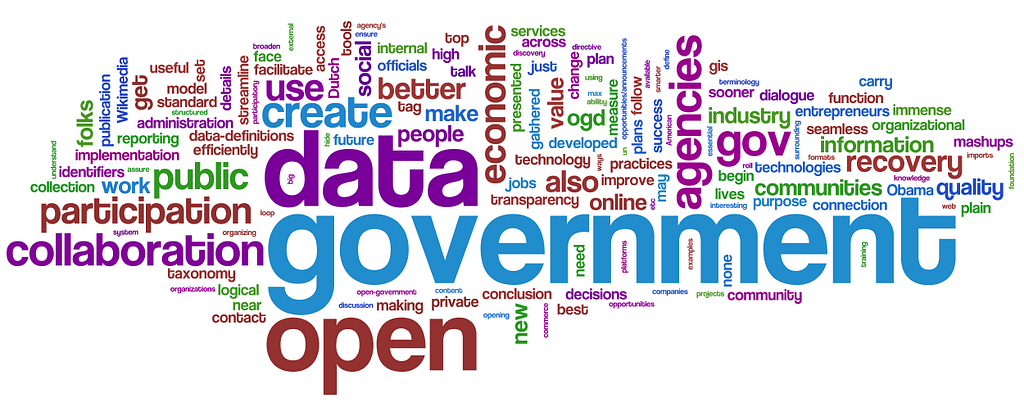
The concept of “open data” states that some information should be freely accessible to all parties for their use, sharing, and access. The International Open Data Charter defines open data as digital data that is made available with the technical and legal characteristics necessary for it to be freely used, reused, and redistributed by anyone, anytime, anywhere.
In its basic form, open data projects have the potential to empower people and organizations to make informed decisions by fostering innovation, encouraging responsibility, and making data available and easily accessible.
Open data gives people the means to access and evaluate data on public services, government spending, environmental concerns, and other topics. This enables individuals to hold institutions and governments accountable, ultimately preserving democracy and protecting citizens’ rights.
Open Data strengthens public-government trust by encouraging accountability and openness, resulting in more responsive and efficient governance.
Promoting Innovation and Collaboration
Open data encourages creativity and teamwork. By granting unrestricted access to data, scholars, businesspeople, and decision-makers can leverage its capacity to create novel approaches to complex problems.
Open data efforts stimulate innovation and have a good social impact in several industries, whether leveraging data to address climate change, better urban planning, or improve healthcare outcomes.
Its programs provide a platform for researchers, legislators, and community organizations to collaborate and share data, fostering a sense of inclusion and shared responsibility. This allows them to work toward shared objectives and use their combined knowledge and resources to address urgent problems and effect significant change.
Empowering Communities
The ability for communities to actively engage in decision-making processes that impact their lives is arguably the greatest benefit of accessible data.
Open data initiatives give citizens access to information on government policies, infrastructure projects, and public services. This information empowers citizens to hold decision-makers accountable, promote evidence-based policy development discussions, and advocate for their needs.
It is a beacon of hope, providing information and tools that can assist marginalized people in addressing systematic disparities and advocating for their rights. By democratizing access to data, open data efforts empower communities to demand accountability, advocate for change, and propel social and economic growth, instilling a sense of hope for a more inclusive future.
How Can I Get Involved in the Open Data Movement?
The open data movement offers a variety of avenues for individuals and organizations to become involved:
- Open Data Advocacy: Promote open data policies inside your community or organization by advocating open data. Inform people about the advantages of open data and inspire them to take advantage of its possibilities.
- Contributing Data: If you hold and access consented data sets, consider making them publicly accessible. This could include information on nearby companies, the state of the environment, or even your research endeavors.
- Developing Open Data Tools: If you possess the technical know-how, consider creating approachable tools for open data visualization, analysis, and interpretation. This can encourage wider engagement and improve the accessibility of open data.
- Utilizing Open Data: Businesses and researchers can use open data to obtain new knowledge, and spur advancement and innovation. Investigate public data sets pertinent to your expertise and use them to generate fresh concepts, guide tactics, and create effective solutions.
- Supporting Open Data Initiatives: Many organizations support open data efforts. Consider donating your time, expertise, or resources to assist these groups in advancing data accessibility and literacy.
Looking Ahead
It is critical to acknowledge the continuous initiatives to advance open data and its capacity to spur constructive change. If we keep pushing for openness, cooperation, and innovation, we can use open data to create more fair, inclusive, and sustainable communities for all.
As individuals, organizations, and governments, let us reaffirm our commitment to promoting open data principles to realize its full potential for collective good!







